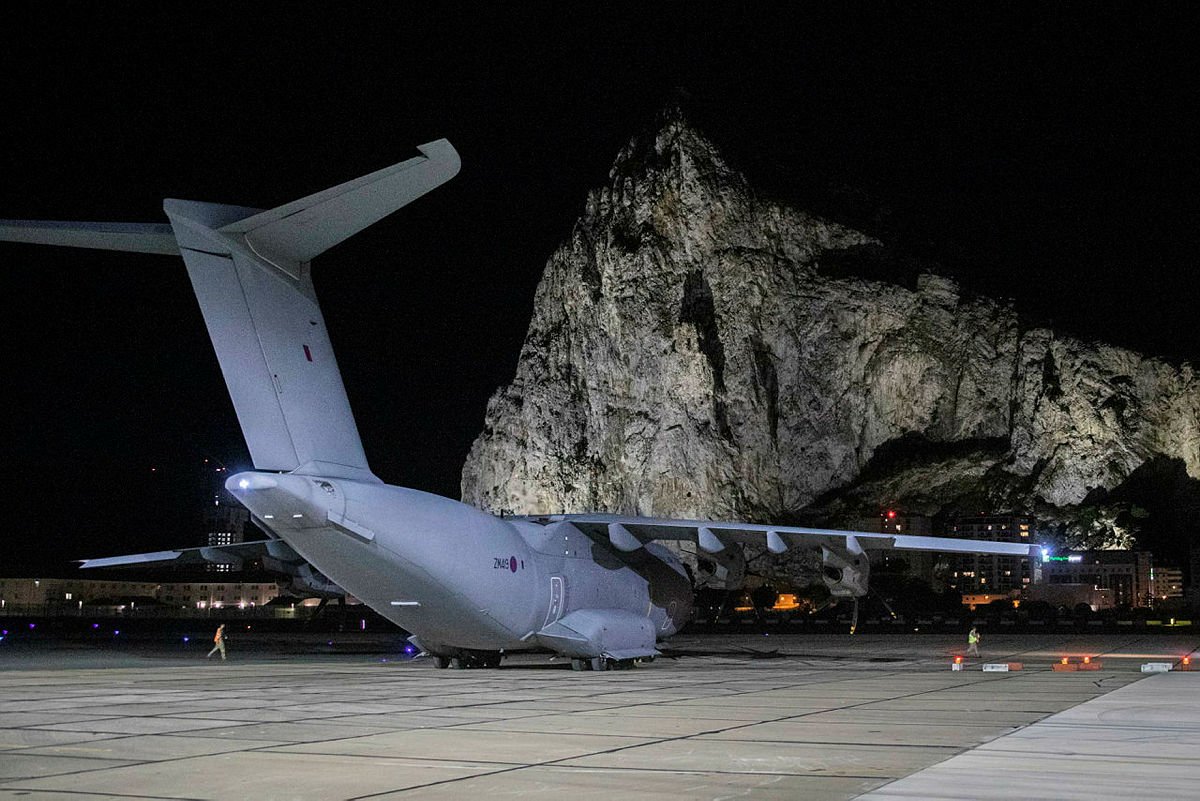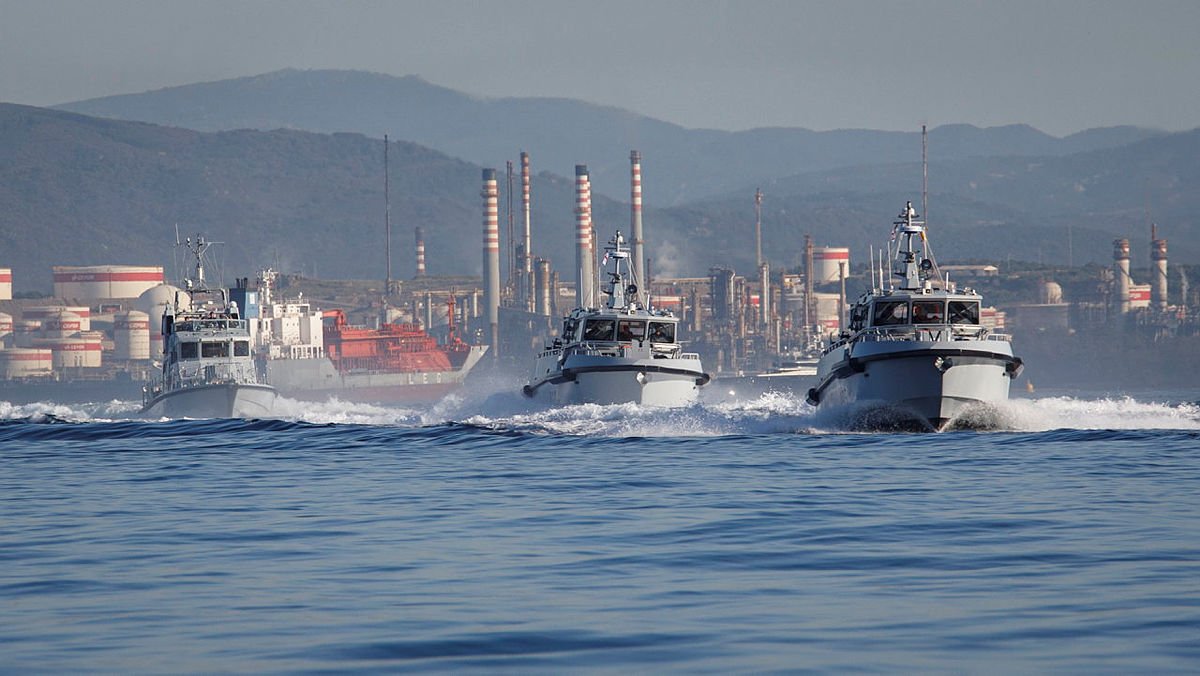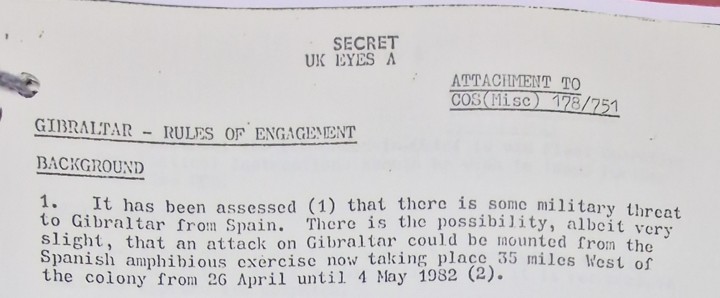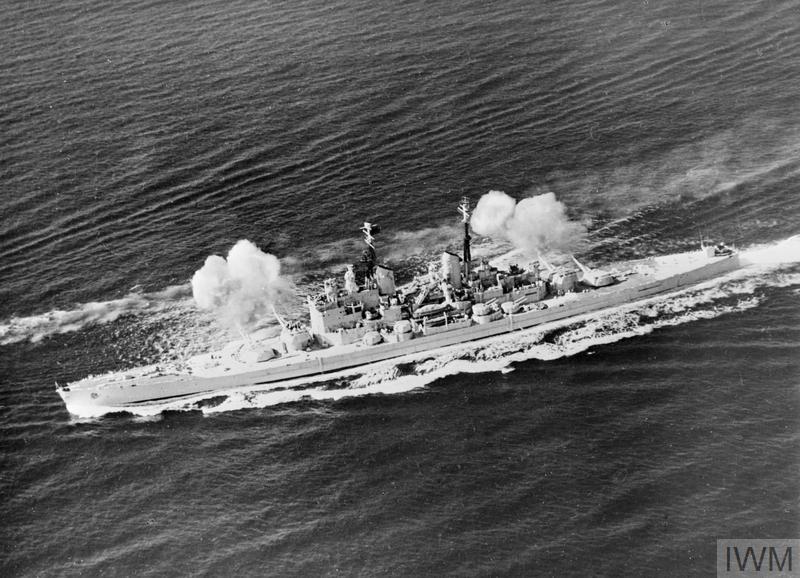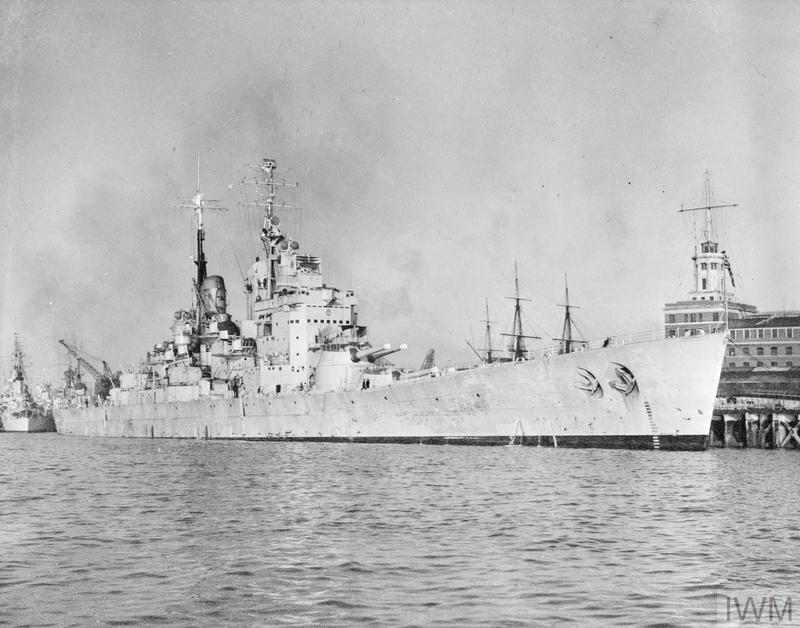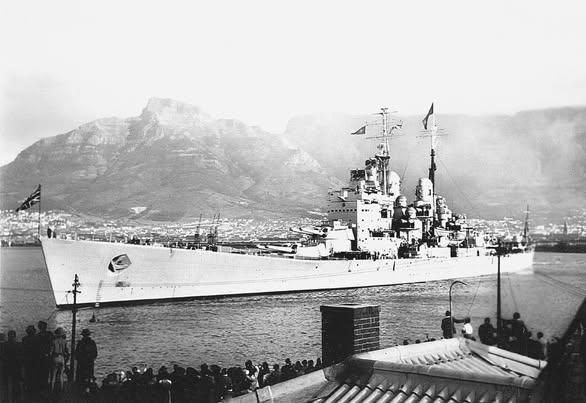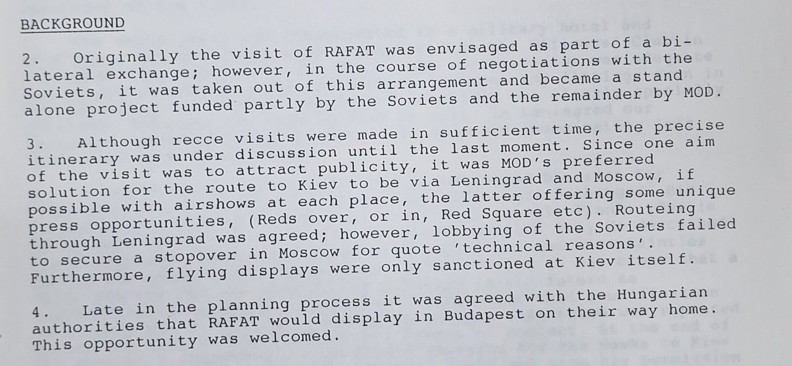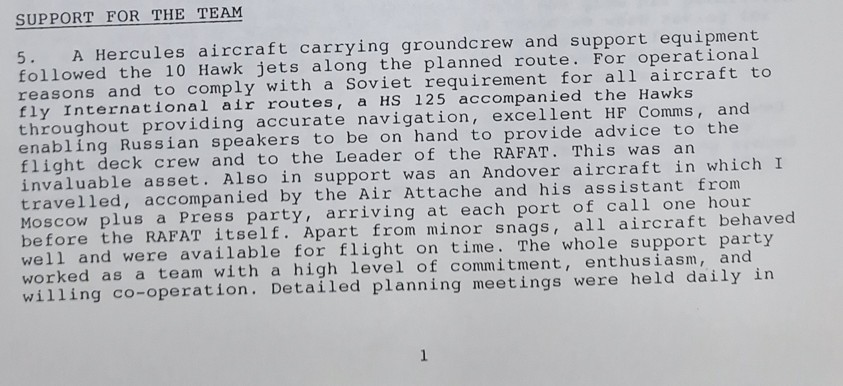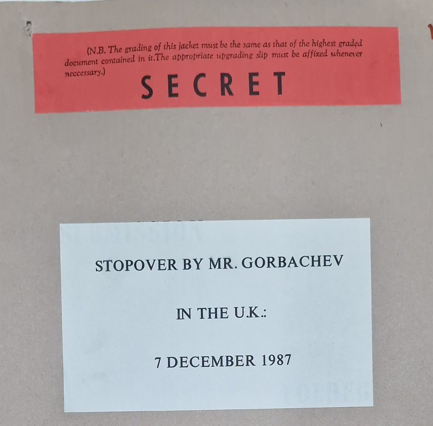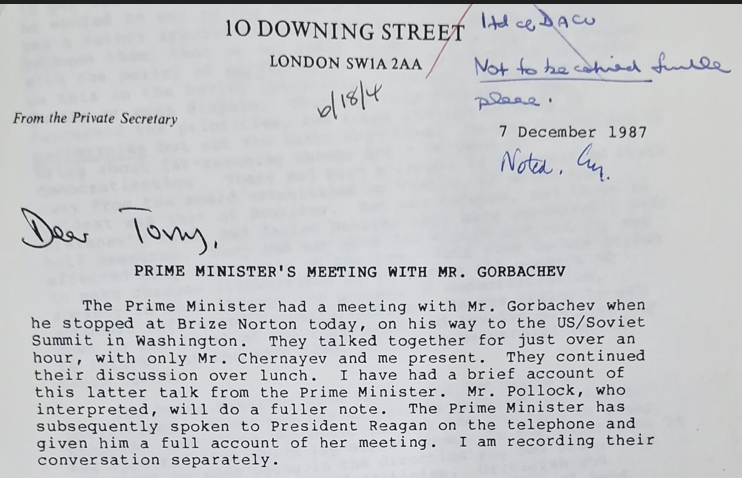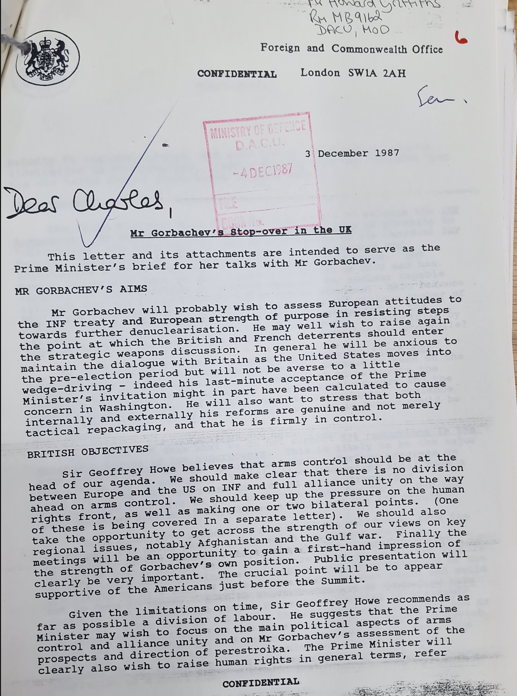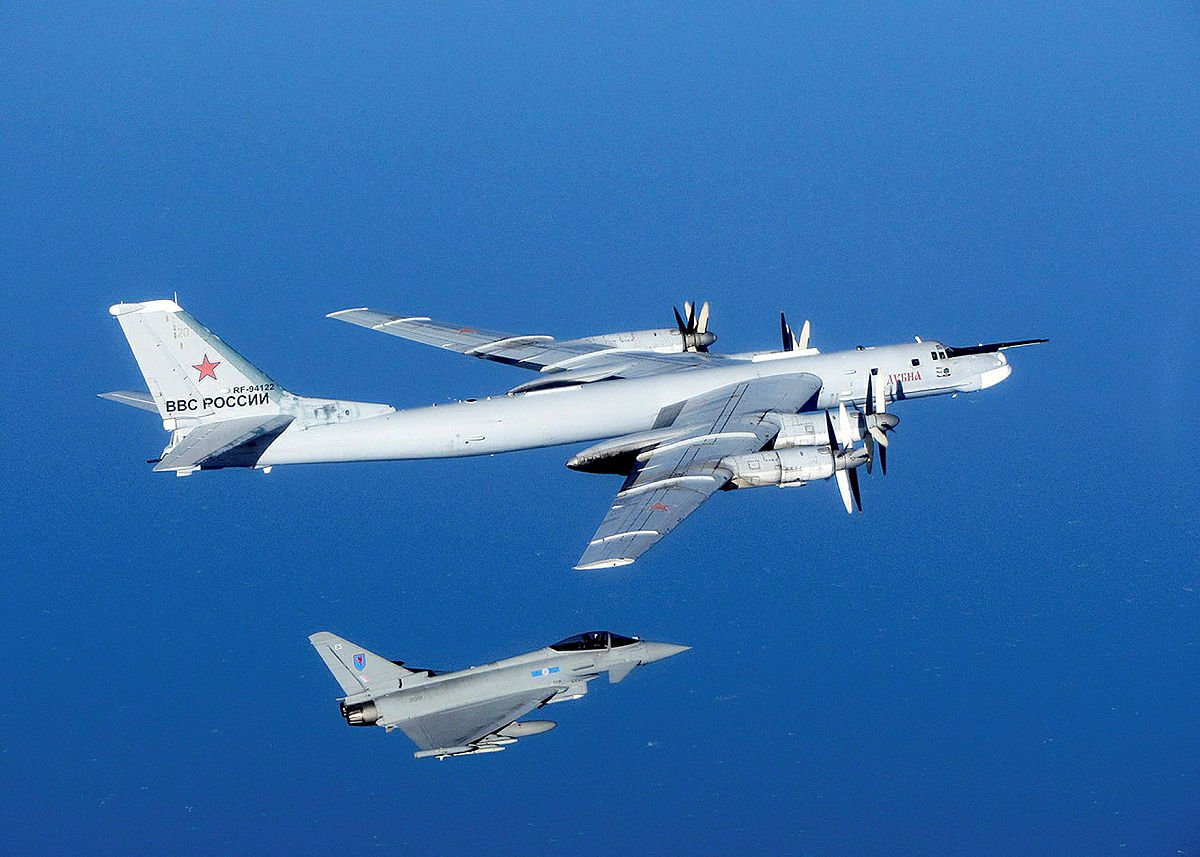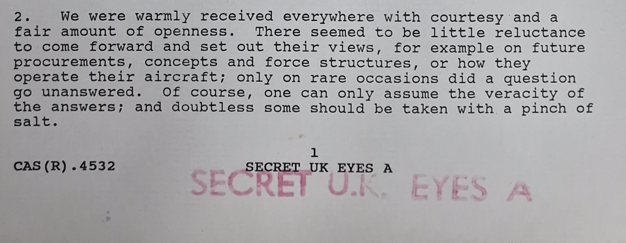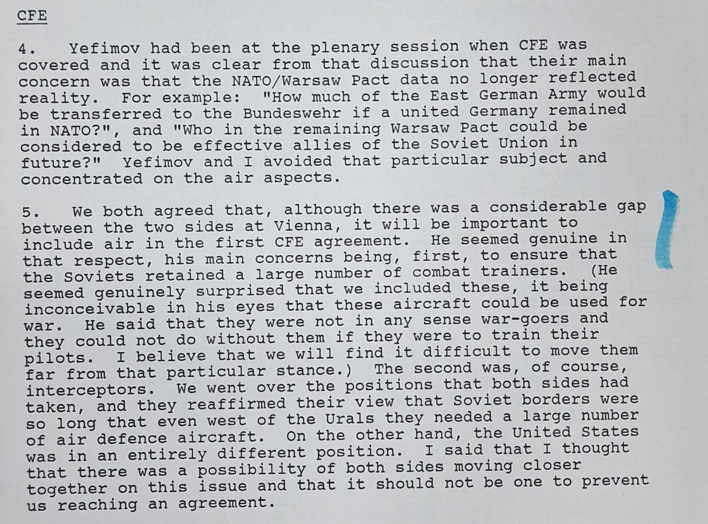Lots of reporting today about alleged claims for what the KGB would have done in the UK in the event of a run up to war, to support a new book about MI5.
Lets look at actual Cold War MI5 documents, quoting Oleg Gordievsky (codename OVATION) to see what MI5 really thought...
Lets look at actual Cold War MI5 documents, quoting Oleg Gordievsky (codename OVATION) to see what MI5 really thought...

A new book about the Soviet spy Lyalin claims that the Soviets looked at trying to poison Holy Loch in the 1970s to cause peace activists to force a ban on the presence of US Navy Polaris submarines - a key risk to Russia in the event of war.
dailymail.co.uk/news/article-1…
dailymail.co.uk/news/article-1…
Was it likely to work though? By the 1980s, MI5, drawing on the work of Gordievsky, the greatest spy publicly known to the British public, and by his SIS codename OVATION assessed the risk from the peace movement as actually significantly lower.
kcsi.uk/kcsi-insights/…
kcsi.uk/kcsi-insights/…
The UK expected in TTW that the Soviets would mount some kind of sabotage operation. All Home Defence planning involved protection of Key Points to reduce this risk from Spetznatz and other special forces - probably about 500 in total.
But where else would the threat come from?
But where else would the threat come from?

MI5 assessed by 1989 that the Communist Party of Great Britain, and its various extremist affiliates, posed very little risk. There were only a couple of thousand of them, many were elderly and none were likely to serious disrupt TTW. 

The Peace Movement was another possibility, but in reality MI5 assessed, based on OVATIONs reporting that the Soviets, despite attempting to influence it, would be unlikely to persuade them to do anything they wouldn't be doing anyway. 

In fact OVATION was clear that the Peace Movement was a low priority for the KGB, with limited contact and few agents in place. Rather they worked through existing contacts sympathetic to their views, while the GRU and others had no impact at all. 

In fact, during TTW the KGB goal in the UK was to retain access for as long as possible, but it recognised it would be unable to disrupt UK preparations for war - this would need to be a job for the Spetznatz, but that wouldn't occur until war began. 

MI5 assessed that in wartime the peace movements may try to carry out some subversive activity, but their ability to disrupt transition to war would be limited to ineffectual protests. 

Indeed MI5 saw a greater risk from Scottish and Welsh extremists carrying out terror attacks than it did from the KGB or Peace activists - and even then the risk was extremely low. 

There was no risk seen from other foreign terrorist groups during TTW - at the first sign of war, practically all immigration to the UK would be stopped, making it impossible for terrorist groups to arrive and operate. 

MI5 placed significant faith in vetting to prevent any Soviet agents from within the armed forces or establishment - this seems remarkably bold! 

Overall though, by 1989 MI5 judged that the risk of Soviet subversion in the UK during the run up to general war was extremely low - and that the chances of cooperation were slim to put it mildly. The risk was far lower than we perhaps realise today. 
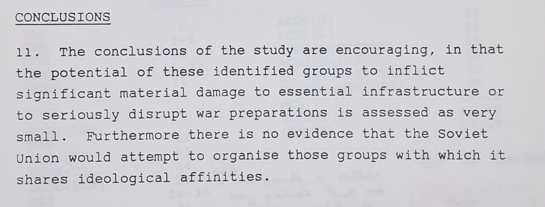
This short primary source thread on Agent OVATION (Gordievsky) reporting and the MI5 assessment of sabotage to the UK may interest @NavyLookout @UKDefJournal @Sandbagger_01 @MarkPiesing @MarkUrban01 @gordoncorera @BenMacintyre1 @PhilipIngMBE @IBallantyn @ColdWarPod
• • •
Missing some Tweet in this thread? You can try to
force a refresh


